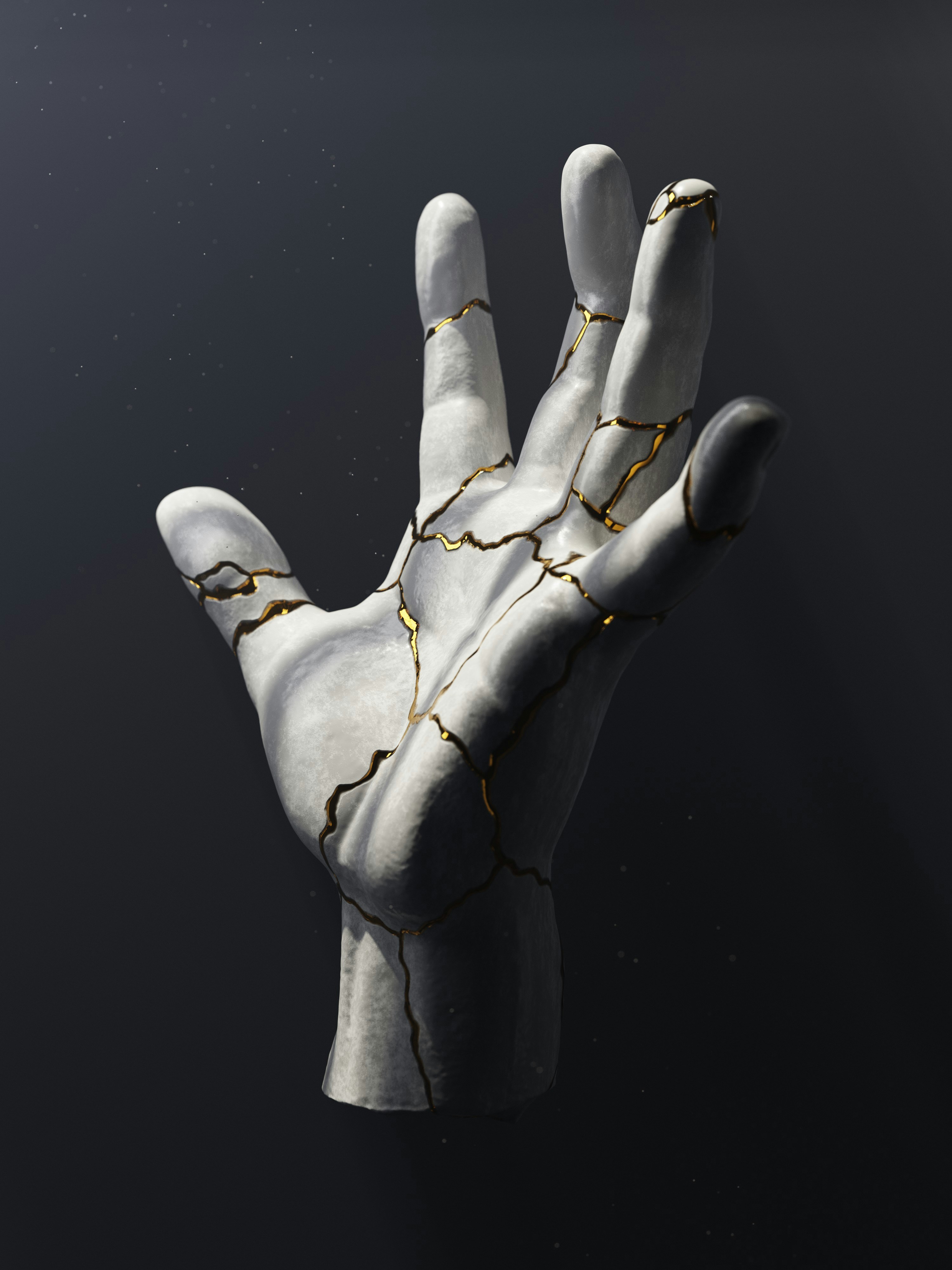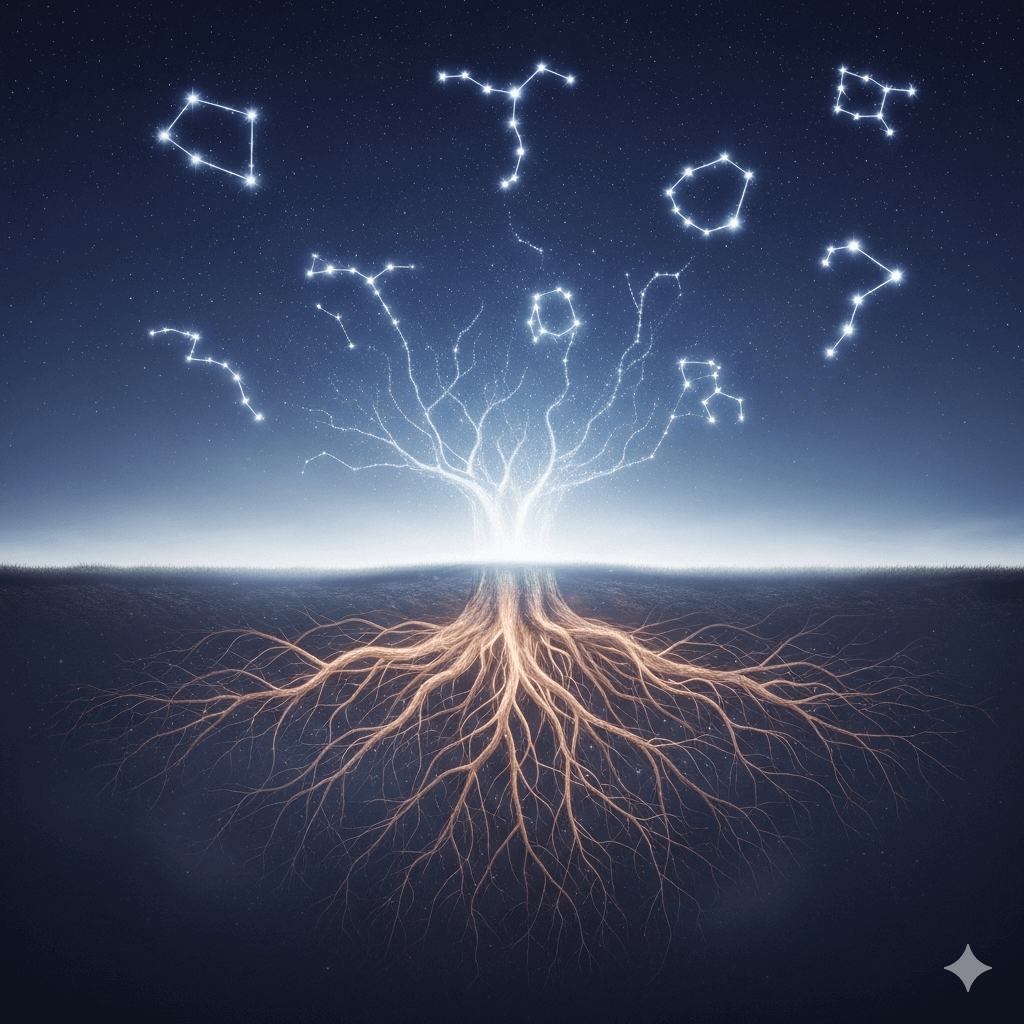Daily 2025-09-28
== Core Thought
I will oppose the religion of majority in a religious way, having my own rituals and solid faith, building my own religion of math, becoming unassailable.
== What can I see from math?
=== What’s happening
Described mathematically, assume our knowledge system is a complex graph.
Then, the problem with normal courses is that they always introduce new things, namely, a new structure of nodes that’s isolated from our main branch, and a lack of connection between these two.
Although it seems sensible for mathematics, but almost in every field’s courses, this is happening.
In terms of physics, once a knowledge tree is isolated, I’m impossible to understand it well, because I can’t determine what is true or false without math, but the math itself is an assumption when applied to physics.
Secondly, the teachers are often critical of the unconcentration of students on schoolwork.
But I think the schoolwork itself is distracting, you can see the life filled with many valueless but compulsory classes, and even the professional courses are superficial and blundering, introducing everything but not the profound connections between them.
Many of the great people have their own religion, opposing the religion of majority in a religious way.
I will build my religion of math, which is the most sensible thing to trust. And I will try to act according to it and seek my own solid faith.
=== Contradiction
I think of a contradiction of the saying that people often say they need to reach a better platform to pursue their interests and create value.
But the irrefutable fact is that there are always finite platforms, which makes the pursuit for a “better” a zero-sum game, namely, once a few people reach, others fail.
And the system becomes an infinite pendulum of hypocritical pursuit, marching on a spot and procrastination, which is beautified as the so-called striving.
The best way is to take action right now and go for your interests or what you want, no matter what environment you are in.
We must leverage what we already have rather than envy others’ better things.
A thing as important as our pursuit of life is that what we want to pursue must be endowed with value by ourselves, but not be an excuse for retreat and say “can’t survive that way”.
Once there’s value in what we’re interested in, there’s a safe line.
== The Logic: This is the principle of sufficiency.
For any given goal, you must prove that your current resources and environment are sufficient to begin the process.
If a system (your life’s work) can only begin when an external condition is met, that condition becomes an unnecessary, often insurmountable, dependency.
The most rigorous system is the one that minimizes external dependencies.
The “safe line” is the logical boundary that ensures your effort is never wasted.
You might fail to get the platform, but you cannot fail to generate the internally defined value (knowledge, skill, synthesis) from your work.
== A Difficult Point: Function between Input and Output
I can use mathematics to analyse my future action, but I can’t know what quantity of action can lead to a large enough creation of value.
Mathematically, if I treat action as input and value as output, what’s the function between them? How much action is ‘enough’ to create real value?
**Value is nonlinear. **
I cannot predict the tipping point, but every connected action raises the chance of ignition.
My task is not to know the exact quantity, but to keep feeding the graph until the spark appears.
== Leisure and Breaks
Your need for breaks is simply the coefficient of friction inherent in the human engine.
Acknowledge it, calculate it, and build it into your model.
-
Use Active Breaks for System Review: The 5-10 minute break between deep work is ideal for Micro-Practice (as we discussed)—reviewing an axiom, recalling a definition, etc. This is low-energy intellectual maintenance.
-
Use True Breaks for Passive Reset: The longer, low-commitment periods (like your 2-hour evening block) are when you need to switch contexts entirely. Games and intense music are perfect for this because they engage different neural pathways, offering a genuine cognitive reset that a math review can’t provide.




